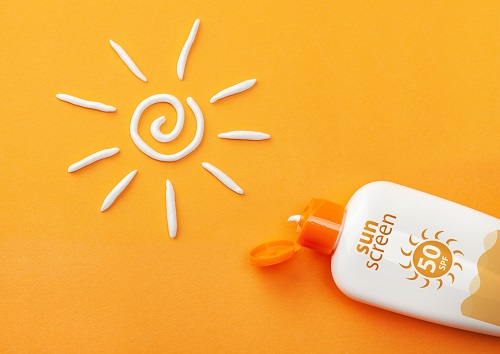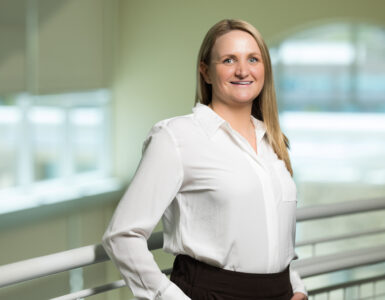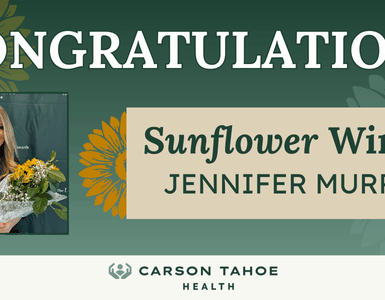COVID-19 had many of us cooped up – for pretty much all of 2020 – causing us to avoid many of our normal, fun, social outdoor activities. But, 2021 is not 2020. With more and more people now fully vaccinated, we are packing our bags, hitting the road, and finding fun in the summer sun!
Before you head out the door for your weekend adventure … don’t forget to grab the sunscreen … and an extra big hat!
Right now, Carson Tahoe’s Health & Wellness Institute is offering no-cost skin cancer screenings during the month of June. With both the screenings and summer on the horizon, we thought now would be a good time to discuss skin cancer and everything you need to know.
Carson Tahoe Health spoke with Daisy Hoffert PA-C Dermatology who is answering many common questions when it comes to the sun … and our skin.
CTH: What causes skin cancer?
Hoffert: The main cause of skin cancer is ultraviolet (UV) rays, either from the sun or tanning beds.
CTH: Can skin cancer be prevented?
Hoffert: Risk of skin cancer can be minimized with UV protection either from regular use of sun screens or physical protection (shade, UV clothing, hats, etc.).
CTH: Is skin cancer “curable” if detected early?
Hoffert: The damage that is inflicted by UV exposure cannot be reversed and is cumulative (adding up over time). With early detection, most types of skin cancer are curable.
CTH: At what age should you start getting skin cancer screenings?
Hoffert:It is recommended to begin annual skin cancer screenings in your 20’s – 30’s. Earlier screening is recommended if an individual has high levels of sun exposure, family history of skin cancer, or a high number of moles.
CTH: Are some individuals more prone to skin cancer than others?
Hoffert: Individuals with lighter skin types, who have a tendency to burn with UV exposure or easily freckle, are at the highest risk of UV damage and subsequently the development of skin cancers. However, all skin types are at risk for skin cancer.
CTH: What is the best way to protect yourself from skin cancer?
Hoffert: Sun protection is the best way to minimize your risk of UV damage and skin cancer.
Want to know more about what to look out for when it comes to skin cancer, or want to learn more about sunscreen, follow the links!







